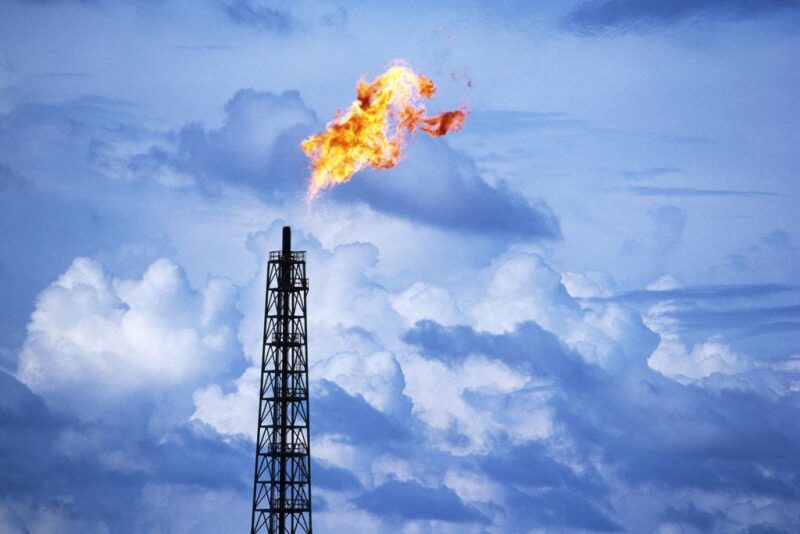Devon Energy has established new environmental performance targets focused on reducing the carbon intensity of its operations, minimizing freshwater use, and engaging constructively with its value chain. The company said it will lean on its use of advanced technologies to improve efficiencies across the business, which it said will be key to delivering on its ambition to achieve net zero greenhouse-gas (GHG) emissions for Scopes 1 and 2 by 2050.
Scope 1 includes direct emissions from facilities, while Scope 2 includes emissions related to purchased electricity. In pursuit of continued transparency, Devon said it will refresh its Climate Change Assessment Report by the end of 2021, outlining its approach to proactively address climate-related risks and opportunities.
“We know that strong environmental performance is essential to protecting the communities in which we live and operate, managing risk, and generating long-term value for stakeholders,” said Rick Muncrief, president and chief executive officer at Devon. “Devon is setting aggressive goals to lower its carbon impact, while continuing to return value to shareholders. We know the need for oil and gas will remain for decades, but, as good stewards, it is incumbent on us to improve how we produce and deliver it.”
The company is targeting reductions of its Scopes 1 and 2 GHG emissions intensity by 50% and methane emissions intensity by 65% by 2030 from a 2019 baseline.
Devon’s emission-reduction strategy will involve a range of potential actions including expanding its leak detection and repair program; implementing advanced leak detection technologies; reducing the volume of natural gas that is flared; electrifying facilities to reduce the use of natural gas and diesel consumed onsite, including transitioning from gas-driven to air-driven pneumatic controllers; and optimizing facility design to minimize leaks and eliminate common equipment failures.
The operator will establish a two-pronged approach to improve its flaring performance: targeting a flaring intensity of 0.5% of gross natural gas produced by 2025 and eliminating routine flaring, as defined by the World Bank, by 2030. The company expects to drive results by continuing to engage in pre-production planning, optimize facility design and operating conditions, assess and deploy beneficial reuse technologies, and collaborate with service providers to prevent and mitigate midstream and downstream constraints.
Devon also has set a target to advance its recycled water rate and use 90% or more nonfresh water for completions activities in its most active operating areas within the Delaware Basin, targeting the use of operationally feasible freshwater alternatives wherever possible and reliance on its dozen water recycling facilities throughout the basin.
Devon said it also plans to engage its suppliers and improve environmental, social, and governance (ESG) performance across its value chain. By 2023, contractors who perform work with the company will begin undergoing annual evaluations to assess their ESG performance in key areas.

